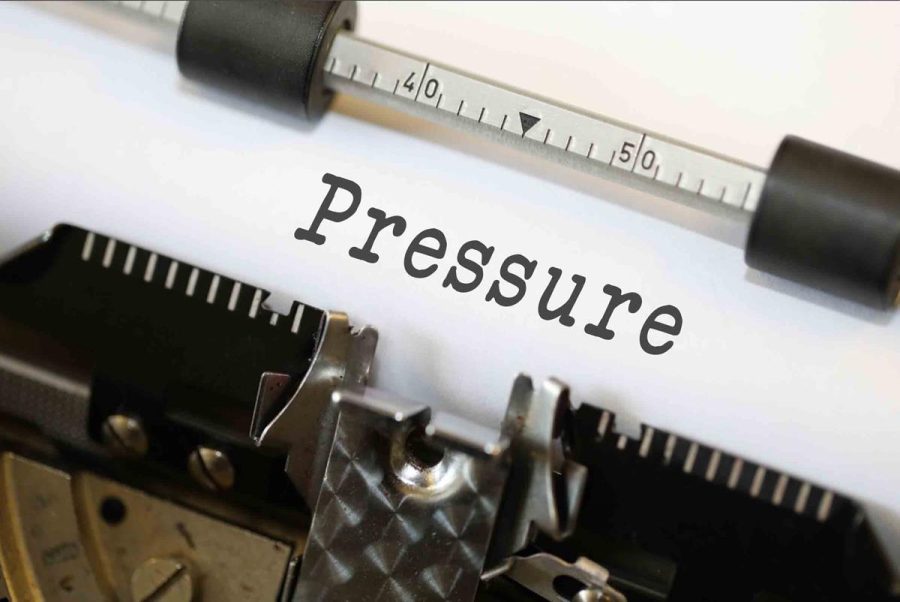Pressure to Succeed: A Double-Edged Sword
Nick Youngson CC BY-SA 3.0 Alpha Stock Images
We often look to external pressure, but what about the pressure we place on ourselves – even unconsciously?
It’s Saturday night and you’re on your computer, three assignments sitting on your to-do list as they wait to be turned in before Monday. There’s a test next weekend, studying you need to get through, and that local bake sale you promised to help your friends with. You know there’s still a million things on your plate left to do, but you just feel tired. How did you get here?
With increasing mental health awareness and emphasis on finding ways to mitigate external academic pressure, one facet that can often be overlooked is the pressure we place on ourselves. When we grow up with strong external emphasis on the importance of academic success, this can lead to extremely high internal stress as well as finding that stress natural. In a national survey performed by Challenge Success, it was found that “three-quarters of high school students and half of middle school students reported ‘often or always feeling stressed’ by their schoolwork.”
Bolstered by the desire to make our family proud and the belief that a bright future necessitates perfect scores, we can often drop into a mindset in which we can’t just try to do well. We need to. Suddenly, the way we set our self worth becomes tied to the latest assignment, and we become defined by not what we love or feel, but how well we can perform academically. Suddenly, things become about more than just comparing ourselves to a rival or someone else we know. It becomes comparing ourselves to an impossibly perfect version of ourselves.
While it is often beneficial to hold ourselves responsible and to set high goals, it’s also important to realize that we should take a step back when those standards actively take a toll on our health, both mentally and physically. Studies have shown that students attending competitive schools often experience higher rates of mental health problems than normal, and that the driving force behind these symptoms is the pressure they place on themselves to succeed academically. Over thirty years of research has shown “adolescents at high achieving schools suffer from symptoms of clinical depression and anxiety at rates three to seven times higher than national norms for children their age.”
It’s good to have high expectations of yourself, but it’s also crucial to recognize that being imperfect isn’t being a failure, and that making mistakes is a crucial step to learning and succeeding. So the next time you begin to feel frustrated at yourself for not doing as perfectly as you had hoped, remember to take a step back and know that you’re not defined by how many mistakes you make, and that you are more than what you score.

